
The Mystifying Boiling Lake of Dominica
Nestled within the lush Morne Trois Pitons National Park, the Boiling Lake in Dominica is a true natural wonder. This geothermal marvel stands as the world's second-largest hot lake, offering visitors an awe-inspiring sight of bubbling greyish-blue waters surrounded by a thick canopy of tropical rainforest. The lake's boiling action is caused by hot gases and steam escaping from molten lava beneath the Earth's crust, making it an unforgettable experience for those who venture to its rim. Reaching the Boiling Lake is a journey in itself, one that requires a moderately challenging hike through Dominica's pristine wilderness. The trek, which can take 3-6 hours each way, leads adventurers across steep hills, through dense jungle, and past stunning vistas of the island. Along the way, hikers will encounter the Valley of Desolation, a surreal landscape filled with hissing fumaroles and hot springs, adding to the sense of an otherworldly expedition. For those who make the effort, the sight of the Boiling Lake is a reward like no other. The lake's constant roiling and the steam rising into the air create a dramatic and almost eerie atmosphere. It's a reminder of the incredible geothermal activity that lies beneath the surface of our planet. Dominica's Boiling Lake is not just a destination; it's an adventure that immerses visitors in the raw power of nature.
Local tips in Boiling Lake
- Start your hike early in the morning to avoid the afternoon heat and potential rain showers.
- Hire a local guide for the trek. Their expertise ensures safety and enhances your understanding of the landscape.
- Wear sturdy hiking boots and bring plenty of water and snacks. The trek is physically demanding and requires good preparation.
- Be prepared for changing weather conditions. Pack a light rain jacket and extra clothing layers.
- Check with local authorities or guides about the trail's condition before starting your hike, as it can be affected by weather.
The Mystifying Boiling Lake of Dominica
Nestled within the lush Morne Trois Pitons National Park, the Boiling Lake in Dominica is a true natural wonder. This geothermal marvel stands as the world's second-largest hot lake, offering visitors an awe-inspiring sight of bubbling greyish-blue waters surrounded by a thick canopy of tropical rainforest. The lake's boiling action is caused by hot gases and steam escaping from molten lava beneath the Earth's crust, making it an unforgettable experience for those who venture to its rim. Reaching the Boiling Lake is a journey in itself, one that requires a moderately challenging hike through Dominica's pristine wilderness. The trek, which can take 3-6 hours each way, leads adventurers across steep hills, through dense jungle, and past stunning vistas of the island. Along the way, hikers will encounter the Valley of Desolation, a surreal landscape filled with hissing fumaroles and hot springs, adding to the sense of an otherworldly expedition. For those who make the effort, the sight of the Boiling Lake is a reward like no other. The lake's constant roiling and the steam rising into the air create a dramatic and almost eerie atmosphere. It's a reminder of the incredible geothermal activity that lies beneath the surface of our planet. Dominica's Boiling Lake is not just a destination; it's an adventure that immerses visitors in the raw power of nature.
When is the best time to go to Boiling Lake?
Essential places to dine
Chez Wen Cuisine
Experience authentic Dominican seafood at Chez Wen Cuisine in Scott's Head – where every dish tells a story of freshness and local culture.
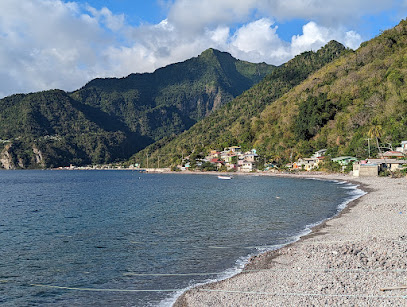
Krispys
Experience authentic Caribbean flavors at Krispys in Roseau - where every meal tells a story of Dominica's vibrant culinary heritage.
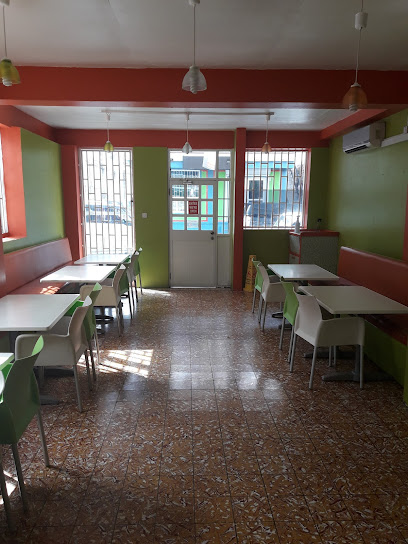
One Pot Bar and Restaurant
Experience authentic Dominican cuisine and vibrant nightlife at One Pot Bar and Restaurant in Roseau.
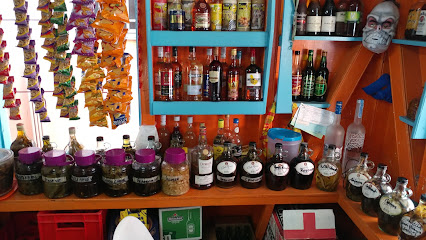
Old Stone Grill And Bar
Savor the vibrant tastes of Caribbean cuisine at Old Stone Grill And Bar in Roseau – where every bite tells a story.
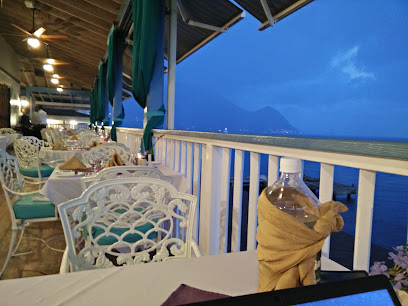
The Great Old House
Discover delightful Dominican cuisine at The Great Old House in Roseau—where every dish tells a story.
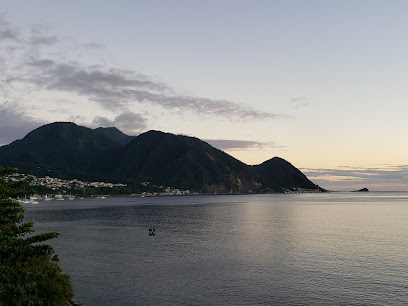
Zeb Zepis Bistro
Discover Zeb Zepis Bistro: A delightful culinary escape near Emerald Pool offering authentic Caribbean flavors in a welcoming atmosphere.
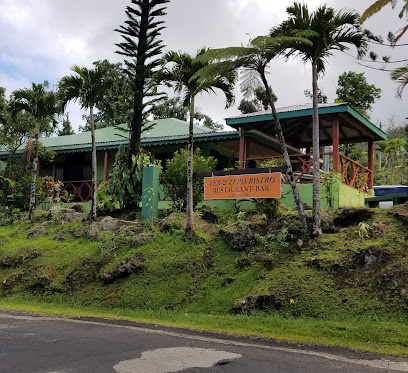
Islet View Restaurant & Bar
Experience breathtaking views and delightful Caribbean cuisine at Islet View Restaurant & Bar in Castle Bruce.
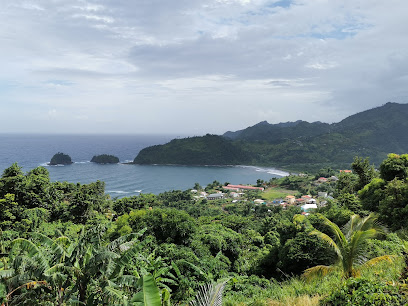
The Original Fish Spot
Discover authentic Caribbean flavors at The Original Fish Spot in Pointe Michel – where fresh seafood meets warm hospitality.
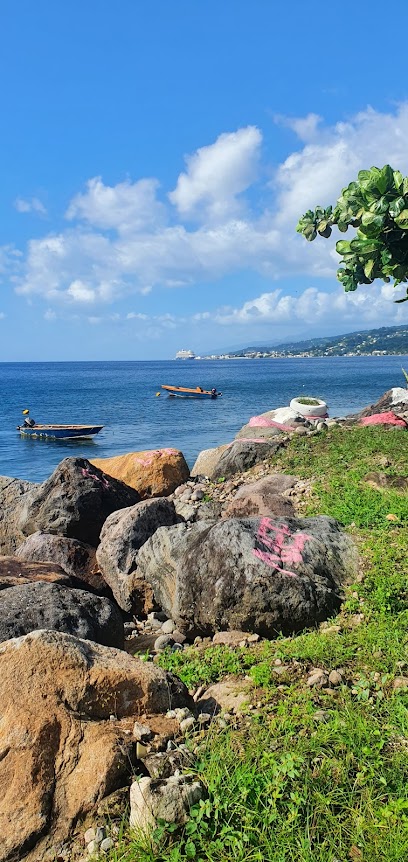
Standardz Restaurant & Bar
Experience the best fish and chips at Standardz Restaurant & Bar in Newtown - A true taste of Caribbean culinary tradition.
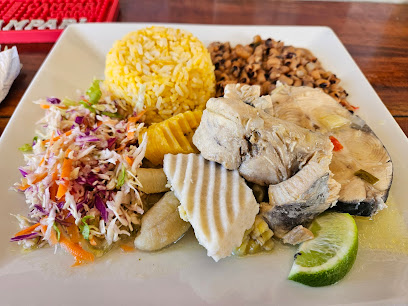
View Point Restaurant and Bar
Experience exquisite Caribbean flavors with breathtaking views at View Point Restaurant and Bar in Trafalgar, Roseau.
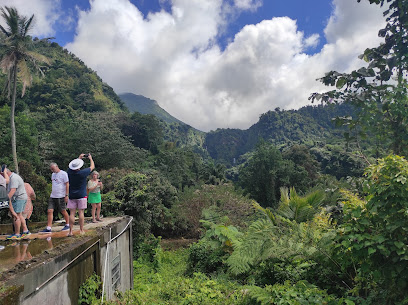
Unique seaview restaurant
Experience exquisite local cuisine at Unique Seaview Restaurant while enjoying breathtaking ocean views in Calibishie.
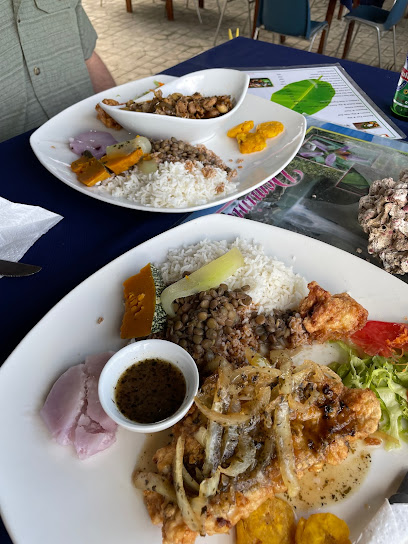
Brunch and Munch
Experience the best local flavors at Brunch and Munch in Fond Cani - where every dish tells a story.
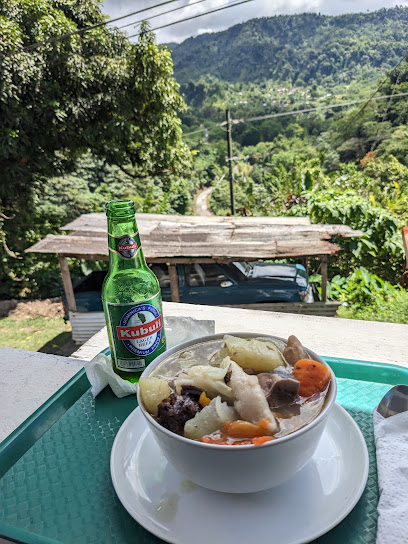
Palisades Restaurant
Experience authentic Dominican cuisine with stunning ocean views at Palisades Restaurant in Roseau.
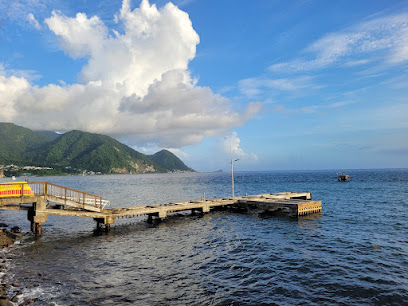
Pearl's Cuisine
Discover authentic Caribbean flavors at Pearl's Cuisine in Roseau - a must-visit restaurant for an unforgettable dining experience.
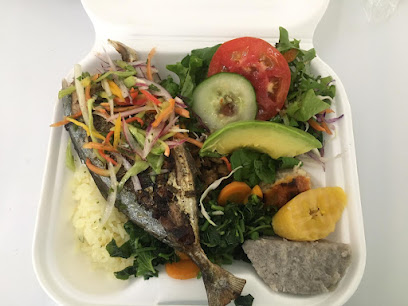
V Lounge & Grill
Experience authentic Caribbean cuisine at V Lounge & Grill in Roseau – where local flavors meet modern elegance.
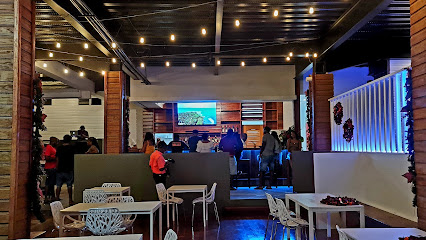
Markets, malls and hidden boutiques
Boiling Lake
Explore the breathtaking beauty of Boiling Lake, a geothermal marvel in Dominica. Experience adventure amidst stunning landscapes and vibrant ecosystems.
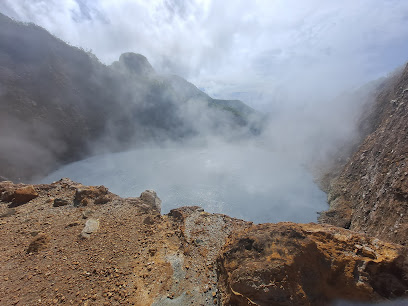
Duty Free Emporium
Discover unbeatable deals on luxury goods at the Duty Free Emporium in Roseau – your ultimate shopping destination in the Caribbean.
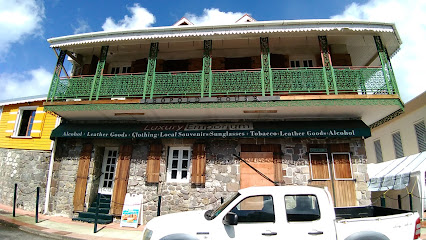
Viewside Grocery Store (Resturant/bar)
Experience the local flavors and friendly atmosphere at Viewside Grocery Store in Upper Kings Hill, a perfect spot for tourists seeking authentic island goods.

Levis Store/Limer's Jeans Inc
Explore the trendy Levis Store in Roseau for stylish denim and apparel that reflects local culture and global fashion trends.
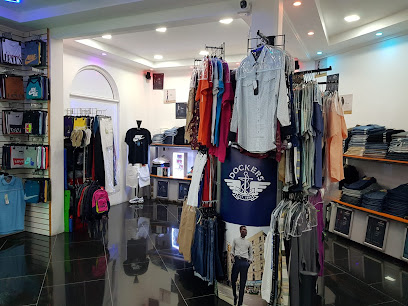
Leli's Convenience Shop
Explore the vibrant offerings of Leli's Convenience Shop in Berekua, Dominica, for all your grocery needs and local flavors.
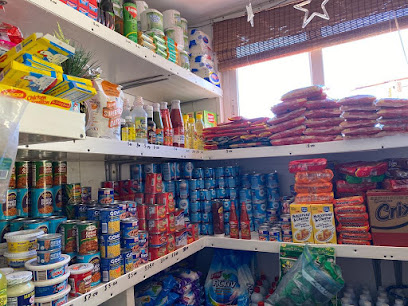
Divine Elegance print and craft shop
Explore Divine Elegance Print and Craft Shop in La Plaine for unique, handcrafted souvenirs that embody the creative spirit of the region.

oyo's shop and bar
Explore the vibrant offerings of Oyo's Shop and Bar in Newtown, Dominica, where local culture meets everyday convenience.

Mino's Snackette & Boutique
Discover the local flavors and unique souvenirs at Mino's Snackette & Boutique in Wotten Waven, a must-visit grocery store for all travelers.
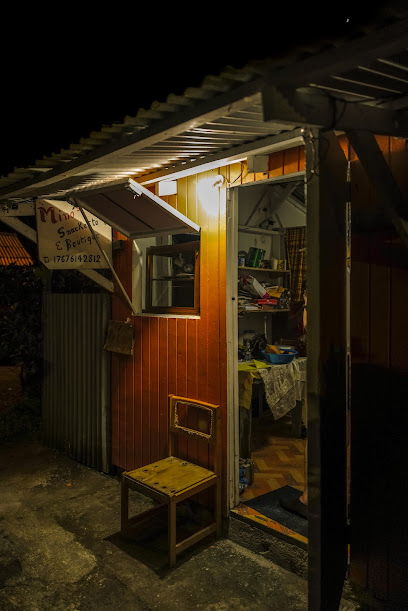
Novelty Inc
Explore the vibrant fashion scene at Novelty Inc, Roseau's premier clothing store offering unique Caribbean styles and exceptional service.

Abilities Unlimited - Workshop for the Blind, Commonwealth of Dominica
Explore the vibrant world of Dominican crafts at Abilities Unlimited, a unique workshop empowering blind artisans through creativity and community support.

Heaven Scent
Explore Heaven Scent in Canefield for unique home goods and local crafts that embody the spirit of the Caribbean.

NATURE'S DISCOUNT DOMINICA
Explore Nature's Discount Dominica for a wide range of organic and health-focused products, perfect for maintaining wellness while experiencing the island's beauty.
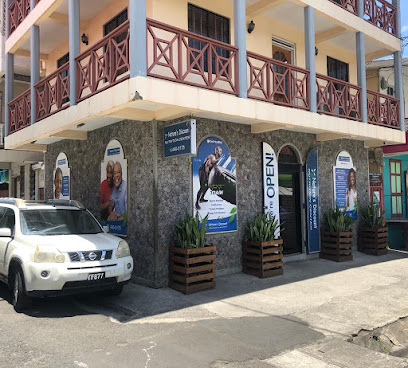
Esmeralda’s_fragrance16
Experience the vibrant shopping scene at Esmeralda’s Fragrance, a premier mall in Este, Dominican Republic, blending local culture with global brands.

Secret Scents
Discover unique Caribbean fragrances at Secret Scents, a must-visit cosmetics store in Roseau, Dominica, blending local culture with beauty.

Carine'S CreationS
Discover the essence of Dominica at Carine's Creations, a gift shop showcasing handcrafted local artistry perfect for unique souvenirs.
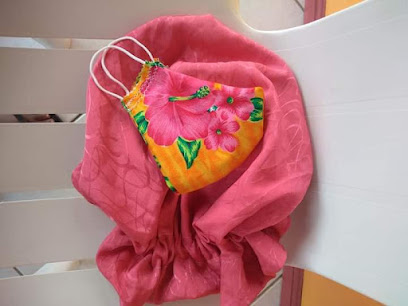
Essential bars & hidden hideouts
River Rock Cafe and Bar
Experience the lively atmosphere and refreshing drinks at River Rock Cafe and Bar in Trafalgar, a perfect spot for tourists to unwind and socialize.
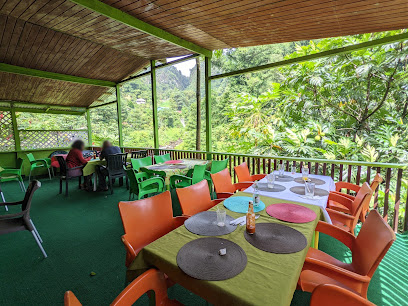
Shorties Bar
Unwind at Shorties Bar, Cochrane's vibrant nightlife hub, offering delicious drinks and a friendly atmosphere perfect for tourists.

Drop Anchor Bar
Experience the vibrant spirit of the Caribbean at Drop Anchor Bar in Roseau, where local flavors and friendly faces await.
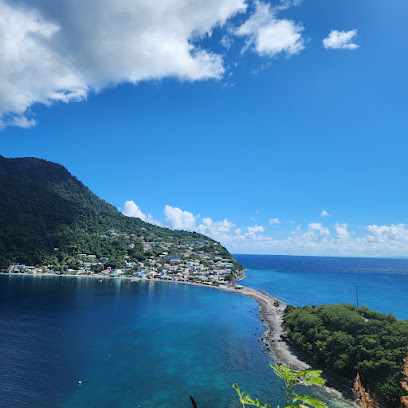
Water Bar
Experience refreshing cocktails and local flavors at Water Bar in Trafalgar, where nature meets nightlife in a vibrant setting.
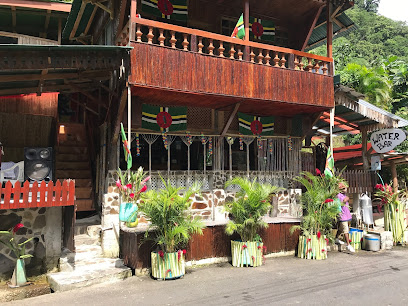
Nico's Rum Shop
Discover the vibrant atmosphere of Nico's Rum Shop in Good Hope, where the spirit of the Caribbean comes alive with every sip of rum.
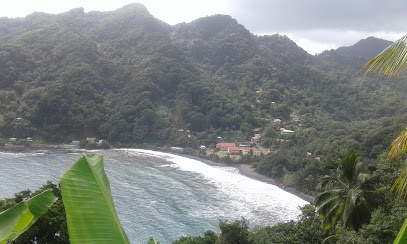
Christoes Yard Bar
Discover the vibrant nightlife of Roseau at Christoes Yard Bar, where delicious cocktails and lively atmosphere await every visitor.
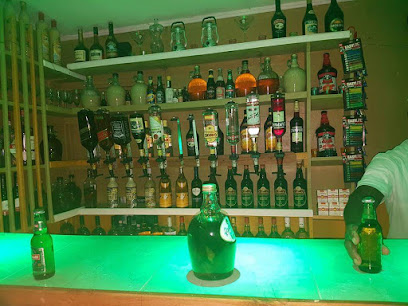
Dead End Bar
Experience the vibrant nightlife at Dead End Bar in Roseau, where local culture meets refreshing drinks in a lively atmosphere.
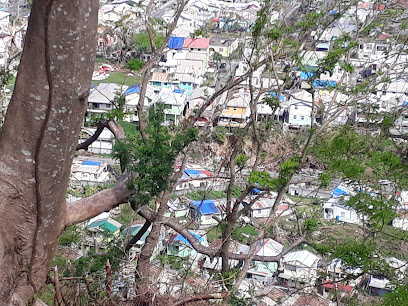
Bluez disco
Discover the vibrant nightlife at Bluez Disco, Grand Fond's premier bar for music, dancing, and unforgettable experiences.
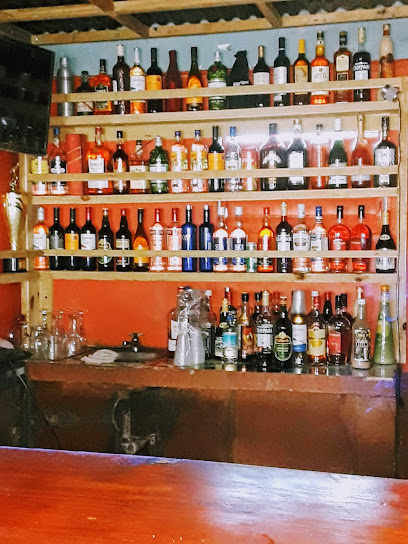
Lucy's Roadside bar & grill
Discover the authentic taste of Morne Jaune at Lucy's Roadside Bar & Grill, where local flavors meet a laid-back atmosphere.
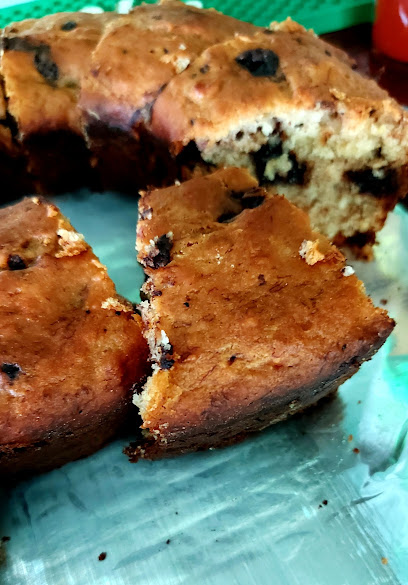
Good vibes only house
Experience the best of Dominican cuisine at Good Vibes Only House in Laudat, where fresh flavors meet stunning natural beauty.
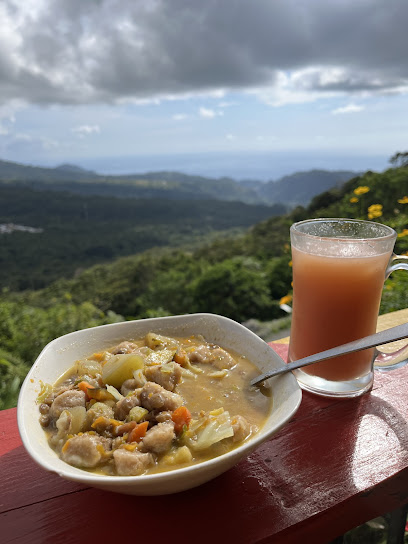
Green Gates Restaurant Bar
Discover the vibrant Green Gates Restaurant Bar in Delices, where local flavors and a lively atmosphere await tourists seeking a unique Caribbean experience.
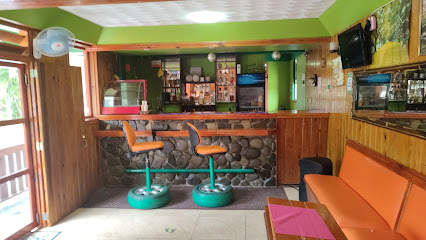
Big baller's bar
Experience the vibrant Caribbean spirit at Big Baller's Bar in Grand Fond, where locals and tourists unite for great drinks and unforgettable moments.
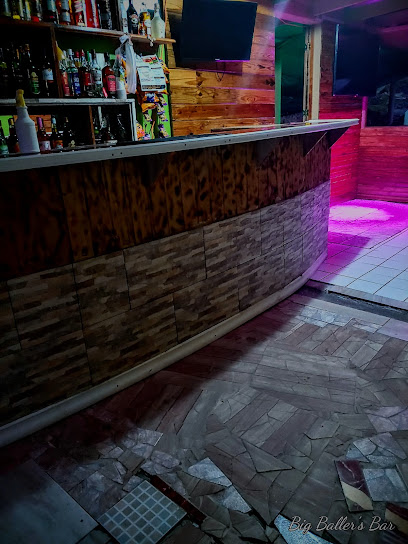
PJ'S GETAWAY PUB
Experience the vibrant culture and delicious cuisine at PJ's Getaway Pub in Laudat, Dominica, a must-visit bar and restaurant for every traveler.
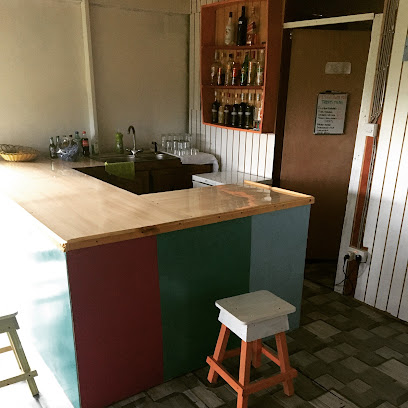
Top Bar
Discover the vibrant atmosphere of Top Bar in Cochrane, where refreshing drinks and local culture blend seamlessly for an unforgettable experience.
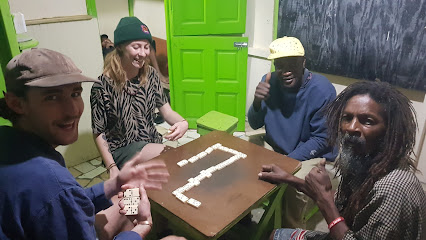
Local Phrases about Boiling Lake
-
- HelloBonjour
[Bohn-zhoor] - GoodbyeAu revoir
[Oh reh-vwah] - YesWi
[Wee] - NoNon
[Non] - Please/You're welcomeTanpri
[Tahn-pree] - Thank youMèsi
[Meh-see] - Excuse me/SorryEskize mwen
[Es-kee-zay mwahn] - How are you?Kijan ou ye?
[Kee-jahn oo yay] - Fine. And you?Byen. E ou?
[Byen. Ay oo?] - Do you speak English?Eske ou pale angle?
[Es-keh oo pah-lay ahng-lay] - I don't understandMwen pa konprann
[Mwahn pah kohn-prahn]
- HelloBonjour
-
- I'd like to see the menu, pleaseMwen ta renmen we meni an, tanpri
[Mwahn tah ren-mehn way meh-nee ahn, tahn-pree] - I don't eat meatMwen pa manje vyann
[Mwahn pah mahn-jay vee-ahn] - Cheers!Santé!
[Sahn-tay] - I would like to pay, pleaseMwen ta renmen peye, tanpri
[Mwahn tah ren-mehn pay-yay, tahn-pree]
- I'd like to see the menu, pleaseMwen ta renmen we meni an, tanpri
-
- Help!Ed!
[Ehd] - Go away!Ale! / Alé!
[Ah-lay] - Call the Police!Rele Polis!
[Ray-lay Poh-lees] - Call a doctor!Rele yon doktè!
[Ray-lay yohn dohk-tay] - I'm lostMwen pèdi
[Mwahn pay-dee] - I'm illMwen malad
[Mwahn mah-lahd]
- Help!Ed!
-
- I'd like to buy...Mwen ta renmen achte...
[Mwahn tah ren-mehn asht] - I'm just lookingMwen jis gade
[Mwahn zhees gah-day] - How much is it?Konbyen sa ka koute?
[Kohn-byen sah kah koot] - That's too expensiveSa tro chè
[Sah troh sheh] - Can you lower the price?Ou ka ba pri a?
[Oo kah bah pree ah]
- I'd like to buy...Mwen ta renmen achte...
-
- What time is it?Ki lè li ye?
[Kee lay lee yay] - It's one o'clockLi ye yonè
[Lee yay yoh-nay] - Half past (10)Demi (10)
[Day-mee (dis)] - MorningMaten
[Mah-tan] - AfternoonApremidi
[Ah-pray-mee-dee] - EveningSwa
[Swah] - YesterdayYè
[Yay] - TodayJodi a
[Joh-dee ah] - TomorrowDemen
[Day-mehn] - 11
[Ehn] - 22
[De] - 33
[Twah] - 44
[Kat] - 55
[Sennk] - 66
[Siss] - 77
[Sèt] - 88
[Wit] - 99
[Nèf] - 1010
[Dis]
- What time is it?Ki lè li ye?
-
- Where's a/the...?Ki kote a...
[Kee koh-tay ah] - What's the address?Ki adwès la?
[Kee ad-way lah] - Can you show me (on the map)?Ou ka montre mwen (sou kat)?
[Oo kah mohn-tray mwahn (soo kaht)] - When's the next (bus)?Ki lè pwochen (bis)?
[Kee lay pwosh-en (bees)] - A ticket (to ....)Yon tikè (pou ....)
[Yohn tee-kay (poo)]
- Where's a/the...?Ki kote a...
History of Boiling Lake
-
Boiling Lake was first discovered in 1870 by two British officers, Henry Alfred Alford Nicholls and Edmund Watts. During their exploration of the Valley of Desolation, they stumbled upon this natural wonder, a lake continuously boiling due to volcanic activity beneath its surface. The lake is located in the Morne Trois Pitons National Park, a UNESCO World Heritage site.
-
Boiling Lake is the second-largest hot lake in the world, measuring approximately 200 feet across. It is a flooded fumarole, a crack or hole in the Earth's crust through which volcanic gases and steam escape. The lake's water temperature ranges from 180 to 197 degrees Fahrenheit along the edges, while the center is actively boiling. The lake's distinctive hue and activity are due to the geothermal energy from the volcanic area beneath it.
-
The Kalinago people, indigenous to Dominica, have long held Boiling Lake in spiritual and cultural reverence. The lake is considered a site of powerful natural energy and was used in various traditional rituals. The Kalinago's deep connection to the land and its features, including Boiling Lake, forms a significant part of Dominica's cultural heritage.
-
In 1975, Boiling Lake became part of the Morne Trois Pitons National Park, which was later designated a UNESCO World Heritage site in 1997. The park is renowned for its diverse ecosystems, volcanic features, and rich biodiversity. Boiling Lake is one of the park's most prominent attractions, drawing visitors from around the world.
-
Throughout the early 20th century, numerous scientific expeditions visited Boiling Lake to study its geothermal activity and unique characteristics. Researchers from various disciplines, including geology, volcanology, and biology, have contributed to the understanding of this natural phenomenon. These expeditions have provided valuable insights into the lake's behavior and its place within the larger volcanic system of Dominica.
-
Boiling Lake has become a popular destination for adventurous hikers and nature enthusiasts. The challenging trek to the lake takes approximately 3-4 hours each way, passing through lush rainforests, steep inclines, and volcanic landscapes. The journey offers stunning views and encounters with Dominica's unique flora and fauna, making it a memorable experience for those who undertake it.
Boiling Lake Essentials
-
Boiling Lake is located in the Morne Trois Pitons National Park, a UNESCO World Heritage site in Dominica. The nearest international airport is Douglas-Charles Airport (DOM), which is approximately 60 kilometers away. From the airport, you can take a taxi or rent a car to travel to the capital city, Roseau. From Roseau, you will need to drive to the village of Laudat, which serves as the starting point for the Boiling Lake hike. The journey from Roseau to Laudat takes approximately 45 minutes by car. Once in Laudat, the hike to Boiling Lake is about 13 kilometers round trip and can take 6-8 hours to complete. It's highly recommended to hire a local guide for the hike.
-
Public transportation options in Dominica are limited. Taxis and car rentals are the most common ways to get around. Taxis can be found at the airport and in major towns, and fares should be negotiated in advance. Car rentals are available at the airport and in Roseau. For those who prefer not to drive, guided tours and hikes to Boiling Lake are widely available and can be arranged through local tour operators. It's worth noting that roads in Dominica can be narrow and winding, so driving may be challenging for those unfamiliar with the terrain.
-
The official currency of Dominica is the Eastern Caribbean Dollar (XCD). US Dollars are also widely accepted. Credit cards are accepted in most hotels, restaurants, and larger shops, but it's advisable to carry cash, especially when visiting smaller establishments and rural areas. ATMs are available in Roseau and other major towns, but it's wise to withdraw sufficient cash before heading to more remote areas like Laudat.
-
Dominica is generally a safe destination for tourists. However, it is always advisable to take standard precautions. Avoid walking alone at night in unfamiliar areas and keep an eye on your belongings in crowded places. Petty crime, such as pickpocketing, can occur in tourist areas. It's best to stay vigilant and aware of your surroundings. The areas of Roseau and Portsmouth have higher crime rates compared to rural areas, so exercise extra caution in these towns.
-
In case of an emergency, dial 999 for immediate assistance. There are medical facilities in Roseau, including the Dominica China Friendship Hospital. It is recommended to have travel insurance that covers medical emergencies. For minor health issues, there are pharmacies in Roseau and other major towns where you can purchase over-the-counter medications. During the hike to Boiling Lake, it's crucial to carry a fully charged mobile phone and inform someone of your plans before setting out.
-
Fashion: Do wear comfortable and sturdy hiking shoes for the Boiling Lake hike. Dress in lightweight, moisture-wicking clothing and bring a rain jacket, as the weather can change quickly. Avoid wearing revealing clothing in public places. Religion: Do respect local customs and traditions. Dominicans are predominantly Christian, and it's important to dress modestly when visiting religious sites. Public Transport: Do be respectful and courteous when using taxis or any form of transportation. Don't expect public buses to run on a strict schedule. Greetings: Do greet people with a friendly 'Good morning' or 'Good afternoon.' A handshake is also a common form of greeting. Eating & Drinking: Do try local delicacies and accept food offerings graciously. Don't refuse hospitality, as it is considered impolite.
-
To experience Boiling Lake like a local, consider hiring a local guide who can share insights about the area's history, flora, and fauna. Start your hike early in the morning to avoid the midday heat and ensure you have enough time to complete the trek before dark. Bring plenty of water, snacks, and a packed lunch, as there are no facilities along the trail. After your hike, relax in the nearby hot springs of Wotten Waven to soothe your muscles. Engage with locals in Laudat and Roseau, who are often friendly and willing to share stories about their island. Don't miss the opportunity to try local dishes such as mountain chicken (a type of frog), callaloo soup, and fresh tropical fruits.
Nearby Cities to Boiling Lake
-
Things To Do in Roseau
-
Things To Do in Mahaut
-
Things To Do in Castle Bruce
-
Things To Do in Rodney Bay
-
Things To Do in Gros Islet
-
Things To Do in Castries
-
Things To Do in Dauphin
-
Things To Do in Marigot Bay
-
Things To Do in Anse la Raye
-
Things To Do in Canaries
-
Things To Do in Soufrière
-
Things To Do in Praslin
-
Things To Do in Malgretoute
-
Things To Do in Micoud
-
Things To Do in Choiseul








